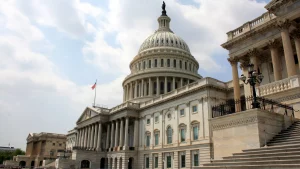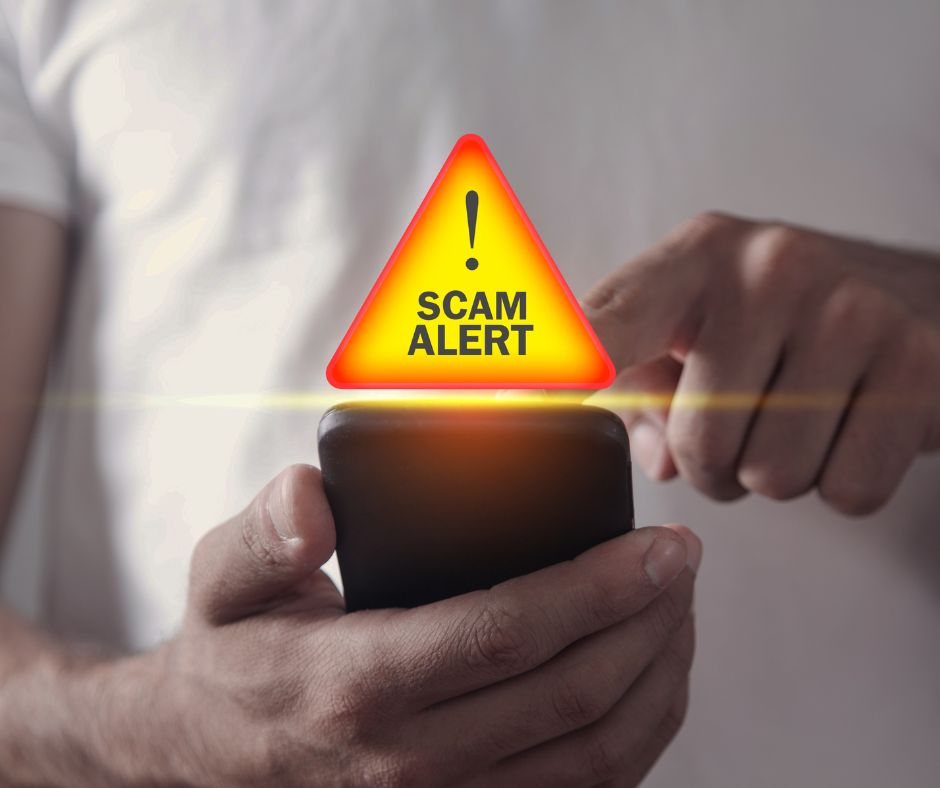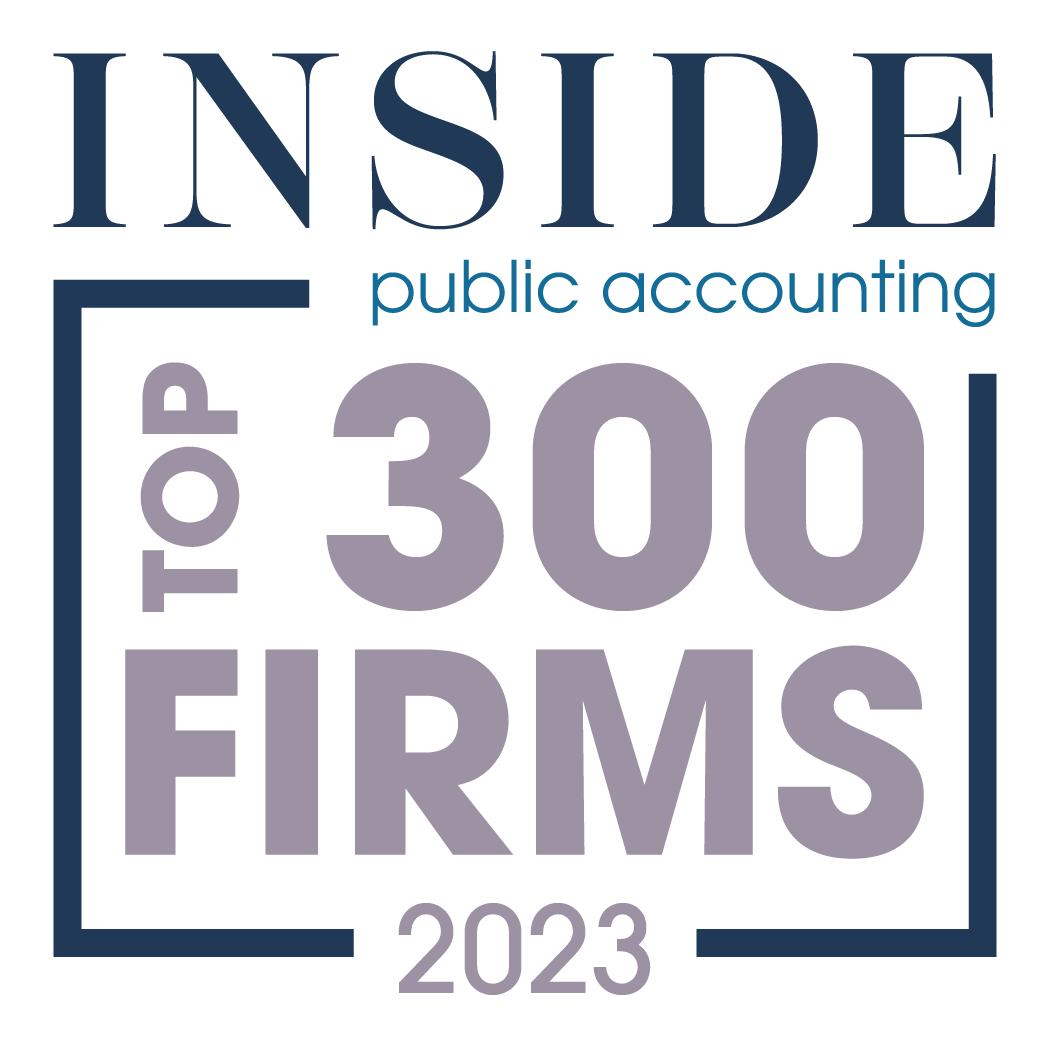 The Small Business Administration (SBA) has established an exclusive PPP loan application period for businesses and nonprofits with fewer than 20 employees. This will give lenders and community partners more time to work with the smallest businesses and nonprofits to submit their applications.
The Small Business Administration (SBA) has established an exclusive PPP loan application period for businesses and nonprofits with fewer than 20 employees. This will give lenders and community partners more time to work with the smallest businesses and nonprofits to submit their applications.
The SBA also announced four additional changes to open the PPP to more underserved small businesses. The agency will also strengthen its relationships with lender partners to advance equity goals, deliver funding efficiently, and prevent fraud, waste, and abuse.
A goal for the latest round of PPP was to reach small and low- and moderate-income (LMI) businesses who have not received the needed relief a forgivable PPP loan provides. With existing policies, the current round has only deployed $2.4B to small LMI borrowers, in part because a disproportionate amount of funding in both wealthy and LMI areas is going to firms with more than 20 employees.
Other changes to the application process include:
- Allow sole proprietors, independent contractors, and self-employed individuals to receive more financial support by revising the PPP’s funding formula for these categories of applicants;
- Eliminate an exclusionary restriction on PPP access for small business owners with prior non-fraud felony convictions, consistent with a bipartisan congressional proposal;
- Eliminate PPP access restrictions on small business owners who have struggled to make student loan payments by eliminating student loan debt delinquency as a disqualifier to participating in the PPP; and
- Ensure access for non-citizen small business owners who are lawful U.S. residents by clarifying that they may use Individual Taxpayer Identification Number (ITIN) to apply for the PPP.
Please contact your HW&Co. advisor with any questions regarding the PPP application or forgiveness processes.






